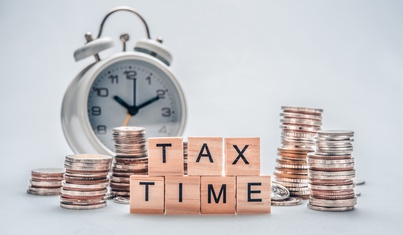The Scottish rate of income (SRIT) is payable on the non-savings and non-dividend income of those defined as Scottish taxpayers. This means that Scottish taxpayers who also have savings and dividend income need to consider the UK rates as well as the Scottish rates when calculating their Income Tax bill.
Scottish taxpayer status applies for a whole tax year. It is not possible to be a Scottish taxpayer for part of a tax year. The definition of a Scottish taxpayer is generally focused on the question of whether the taxpayer has a 'close connection' with Scotland or elsewhere in the UK. The idea of being treated as a Scottish taxpayer is not based on nationalist identity, location of work or the source of a person’s income, e.g., receiving a salary from a Scottish business.
For the vast majority of individuals, the question of whether or not they are defined as a Scottish taxpayer is a simple one – they either live in Scotland and are a Scottish taxpayer or live elsewhere in the UK and are not a Scottish taxpayer.
More specifically, an individual will generally be defined as a Scottish taxpayer if they satisfy any of the following tests:
- They are a Scottish Parliamentarian.
- They have a 'close connection' to Scotland, through either:
i) having only a single 'place of residence', which is in Scotland; or
ii) where they have more than one 'place of residence', having their 'main place of residence' in Scotland for at least as much of the tax year as it has been in any one other part of the UK. - Where no 'close connection' to Scotland (or any other part of the UK) exists (either through it not being possible to identify any place of residence or a main residence) – then place of residence will be decided by day counting.
In most cases these tests will help identify a taxpayer's status. However, there is further technical guidance available where the answer is not clear.



